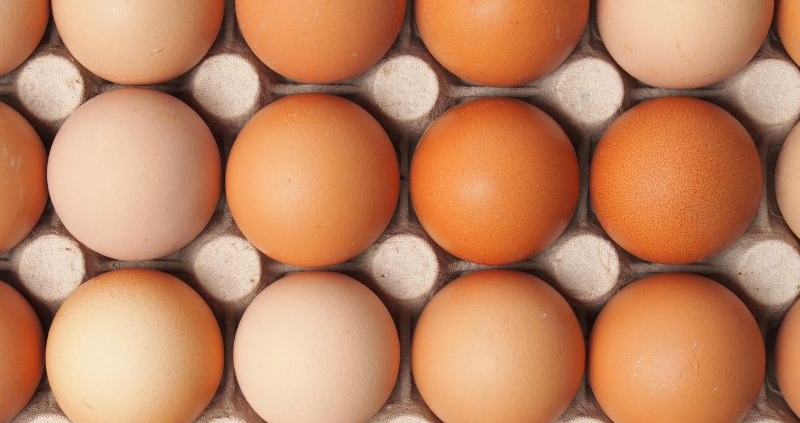Optimising your egg freezing
After supporting IVF and fertility preservation patients for many years, dietitian Ro Huntriss recently underwent egg freezing herself, giving her a personal insight into undergoing fertility treatment. She explains the steps she took to prepare.
When we coach somebody through an IVF journey, we focus on improving sperm and egg quality and then also look at implantation. With egg freezing patients, we focus more on what we can do to support ovarian reserve markers and what we can do in terms of improving egg quality.
We know that an egg matures between 90 and 100 days before either ovulation or retrieval, so that’s the window of opportunity.
An excellent foundation is the Mediterranean-style diet. It’s great for fertility outcomes in general, but one of its key benefits is that it’s rich in antioxidants. One reason the quality or health of eggs can be quite poor is oxidative stress, which can rise as we get older and because of lifestyle factors.
To prepare for my egg freezing, I focused on antioxidants, so I ate lots of plant-based foods, such as fruit, vegetables, nuts, seeds, and olive oil. My plate was as brightly coloured and varied as possible. I saw every portion of fruit and vegetables as a win.
Alcohol consumption and egg freezing
I reduced my alcohol content but didn’t cut it out entirely in the three months leading up and then abstained when I started the injections. This was a personal choice as it would be for anyone. The advice to women undergoing IVF and trying to conceive is to abstain if possible because there are extra elements to consider, e.g. implantation of the embryo and then sustaining the pregnancy. The advice is of course to abstain when you could be pregnant due to the ill effects it could have on the unborn child. When you’re egg freezing, the treatment stops at egg retrieval, so there are much fewer risks.
For egg freezing, you shouldn’t be drinking excessively, but if you want an occasional drink such as a glass of red wine that is high in antioxidants, it is unlikely to do any damage, and could even help!
I also didn’t want to put myself in prison for three months! It was about making good choices and healthy adjustments. Generally, I eat healthily but I allow for balance and follow the 80/20 rule, eating and living well at least 80% of the time. While preparing for my egg freezing, I probably took a 90/10 or 95/5 approach. But I didn’t want to deny myself everything as that in itself can become stressful.
Certainly, for the fertility patients I support, I create sustainable programmes for them to follow.
Supplements and egg freezing
The fundamental change was in the supplements I was taking. I recommend patients take a prenatal supplement in the run-up to egg freezing. You may not be attempting to conceive, but these contain all the essential antioxidants, such as vitamin C, vitamin E, selenium and zinc, in reasonable quantities.
It can be challenging to make your diet nutritionally complete and this is one of the ways in which prenatal supplements can help, and there’s research that suggests that taking prenatal supplements can increase AMH levels.
 Making these changes in the run-up to egg freezing has no downside and could have a significant positive impact. We have supported several women who have had unsuccessful egg freezing rounds and collected no eggs towards outcomes they were really happy with. They have made changes to their diet and lifestyle and have been able to collect viable eggs on their next round.
Making these changes in the run-up to egg freezing has no downside and could have a significant positive impact. We have supported several women who have had unsuccessful egg freezing rounds and collected no eggs towards outcomes they were really happy with. They have made changes to their diet and lifestyle and have been able to collect viable eggs on their next round.
For anyone that’s looking to optimise their fertility for the future, whether that be for egg freezing or not, we have created a programme called Fuel your Future Fertility.

